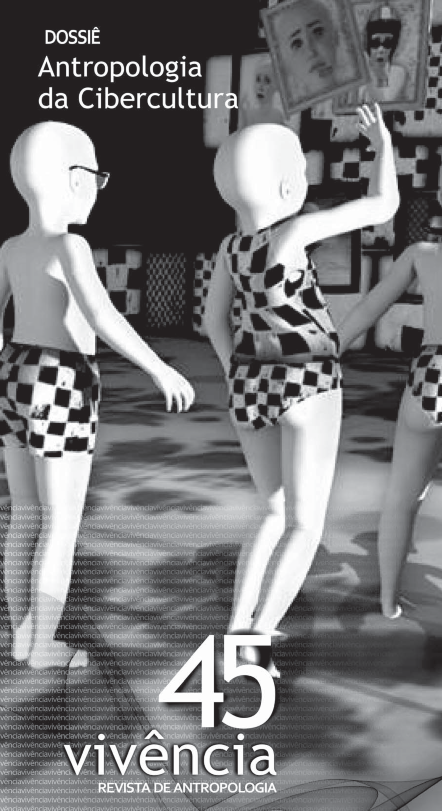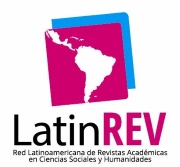Quando o ciberespaço faz as suas leis: o processo do marco civil da internet no contexto de regulação e vigilância global / When cyberspace makes its own laws: the political process of the civil rights for the internet in the context of global ruling and surveillance
DOI:
https://doi.org/10.21680/2238-6009.2015v1n45ID8255Keywords:
Ciberespaço. Tecnopolítica. Políticas Públicas. / Cyberspace. Tecnopolitics. Public Policy.Abstract
Este trabalho analisa alguns embates entre liberdade e vigilância que envolveram diferentes atores sociais na produção do Marco Civil da Internet, aprovado em 2014, e que ficou conhecido internacionalmente por ser uma lei elaborada numa plataforma on-line, aberta para contribuições da sociedade civil. Essa iniciativa se deu em um contexto de proposição de legislações de enforcement. As batalhas sociopolíticas sobre os rumos da cibercultura e sobre seus espaços de conformação e de reprodução são aqui compreendidas como práticas cotidianas de uma nova esfera de produção de informação e de cultura. Através de um relato na tradição etnográfica, buscamos mostrar como se deu a mobilização política de instituições, atores e governo em torno da rede e que valores estão em jogo na disputa por um modelo de regulação. Na elaboração desta política pública brasileira atuaram diferentes atores oriundos de movimentos sociais, sobretudo aqueles identificados com o movimento software livre, o que contribuiu para constituir um campo de advocacy tecnopolítico em favor de uma legislação focada na garantia das liberdades no ciberespaço.
Abstract
This paper analyzes the tension between freedom and surveillance in the making of the Brazilian internet legislation (Marco Civil), approved in 2014, renown worldwide as a law drafted on an online platform with participation from the civil society. The political clashes over the future of cyberculture and its spaces of conformation and reproduction are taken here as everyday practices of a new sphere of production of information and of culture. Through an ethnographic account, we reveal the political mobilization of different stakeholders, institutions, civil society and government regarding the web regulation, as we indicate what values are at stake in a dispute regarding a regulatory model. A set of diverse social actors has been very active in this process of drafting this public policy in Brazil, especially those identified with the free software movement, which contributed to creating a high tech advocacy field in favor of a bill focused on ensuring cyberspace freedom.


 Português (Brasil)
Português (Brasil) English
English Español (España)
Español (España) Français (Canada)
Français (Canada)






